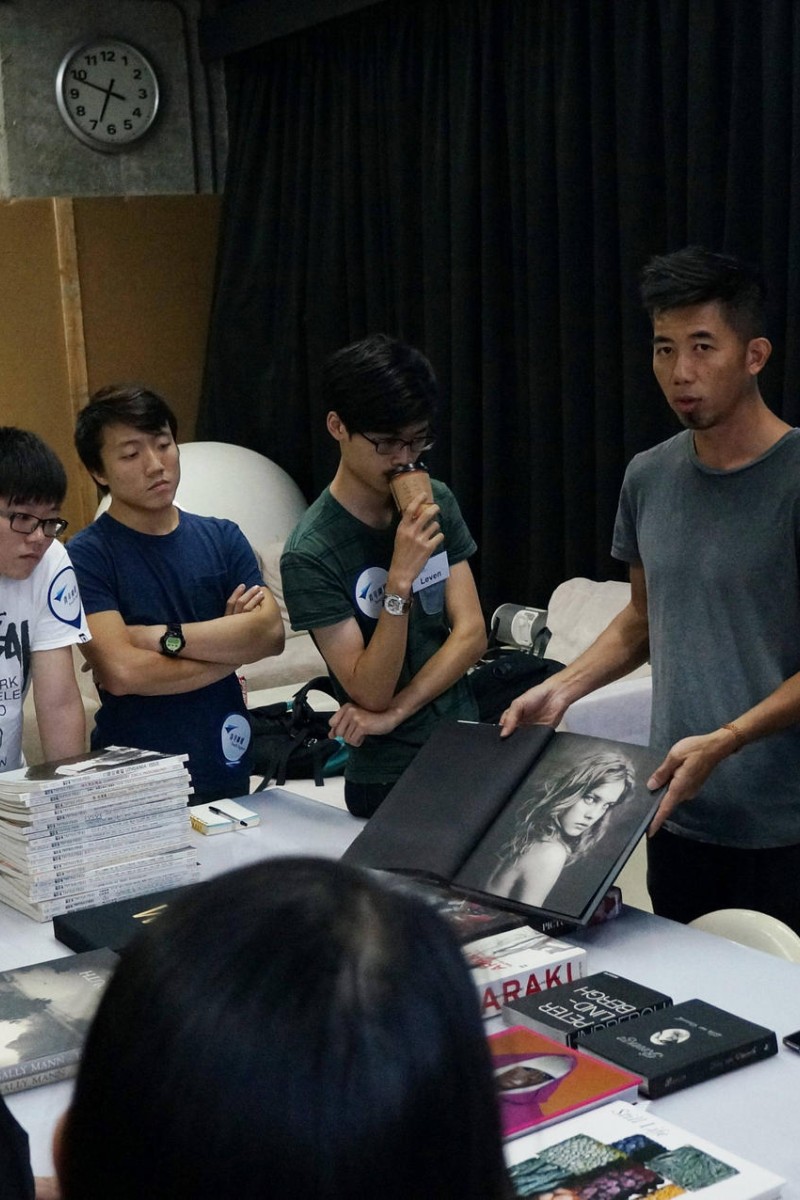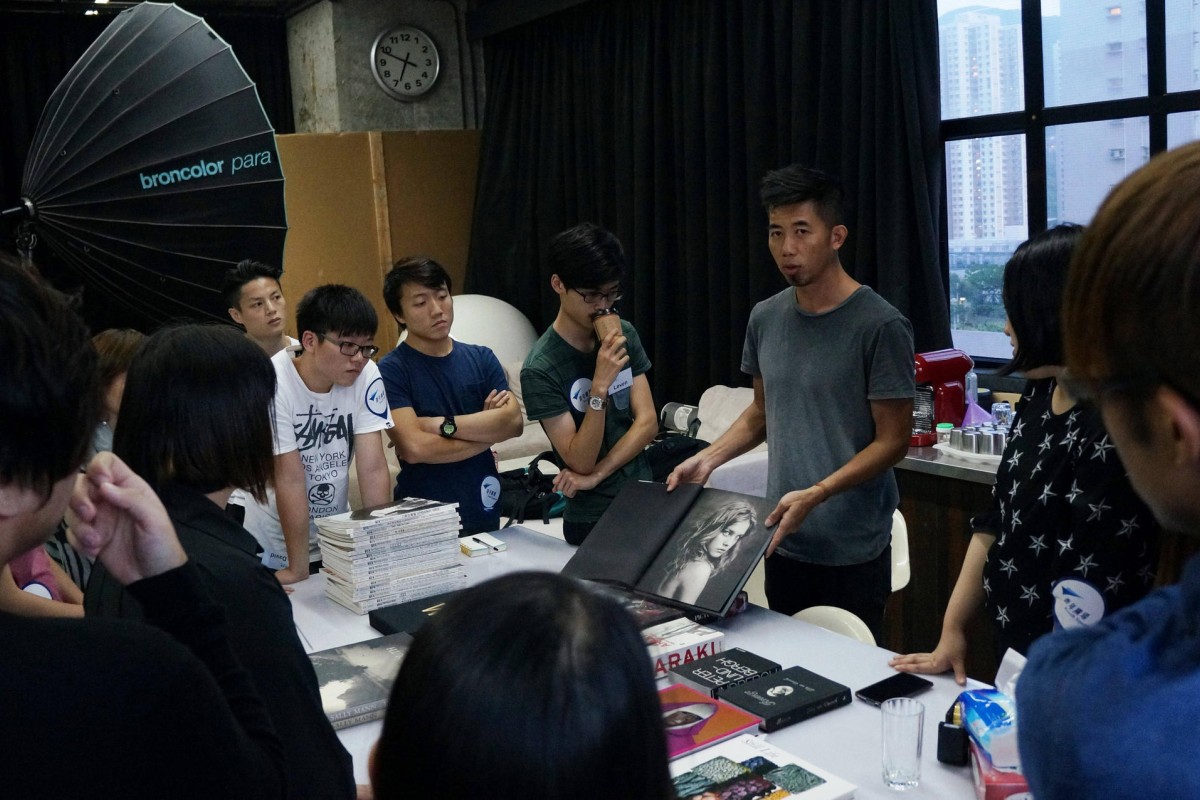
Get inside the mind behind the lens: an insight into the philosophy of photography
Paul Tsang won't teach you how your camera works - he's more interested in guiding you in the art of photography
 In Paul Tsang's masterclass it's less about the technical skills and more about the eyes, heart and mind.
In Paul Tsang's masterclass it's less about the technical skills and more about the eyes, heart and mind.Photography is more than just pointing your phone at something interesting and posting it to Instagram. It's about seeing the world from different angles and perspectives, capturing beauty, and expressing emotion in the truest way possible.
Paul Tsang Lik-san teaches a master class in photography, but it's not about the technical skills. Tsang says that's because mechanical lessons are easy enough to find elsewhere. "A lot can be self-learned: watch a YouTube guide, go on Baidu, or read the camera manual," he says. "All this knowledge is out there, free, and I am sure it's better and more complete than anything I alone can teach."
Tsang teaches a purer, more philosophical approach to taking photos, focusing not on how to take photos, but on how to be a photographer. Meron Lam, one of his students, says: "We learned more about a photographer's worldview. What the purpose of taking a photo is and how to send a message to the audience. Technique is not as important."
Student Plato Chuen Kwun-lam agrees. "The lessons aren't technical, but they change your mindset about photography. It's not just looking at an object and taking a casual snapshot, but moving with purpose and expressing yourself. It changed my process."
But even with this philosophical approach, the students have learned practical things. Paddy Wong Chak-yan, another student and aspiring photographer, says: "I've learned a way of looking at the relationship between a photographer and a client. A good photographer needs to be able to build trust and confidence in a client and reproduce results for the client in his work."
In his master classes at Youth Square, Tsang uses a very informal approach. "I don't agree with the standard way of teaching. Guiding and sharing would be more accurate terms than teaching but still not quite right," he says. "Authority is not absolute - especially in the creative industry. I feel I've changed my approach after getting to know these students. We started with basic things but I found they were ready to learn more."
So rather than bark out instructions, Tsang attempts to guide his students along. "They don't need me to teach them how to press a button. I share my opinions, my thoughts and feelings of their work."
The laidback atmosphere means the class is always bubbling with new ideas, such as when one student managed to expand photography beyond its visual medium. "A student took a photo of a couple smelling each other's hair to express emotion and use the sense of smell in a photo," Tsang explains. "It's a new way to look at close human relationships"
Emotion is also a big focus of Tsang's lessons. "You can't replace the emotion the photographer puts into their work," he says. "You can fake everything else."
Tsang encourages students to look beyond the easy pictures and find something to bring out their emotions. "One girl took lots of photos of beautiful people very often, so I suggested she take photos of herself instead," he says. "She took a photo of the top of her head. It turns out she was unhappy with herself because of her thin hair, but with that photo, I feel her acceptance of her own image changed."
The students also get to socialise and network with fellow photographers, sharing their experiences and images. Tsang is happy to see this. "As a teacher, making friends with the students can be hard, but I can see some of the students have made friendships based on their mutual love of photography."
He hopes this will help raise their curiosity about the art. "I feel it's important. I think you even need to be more than curious, you need to be nosy. Care about things that are none of your business."
